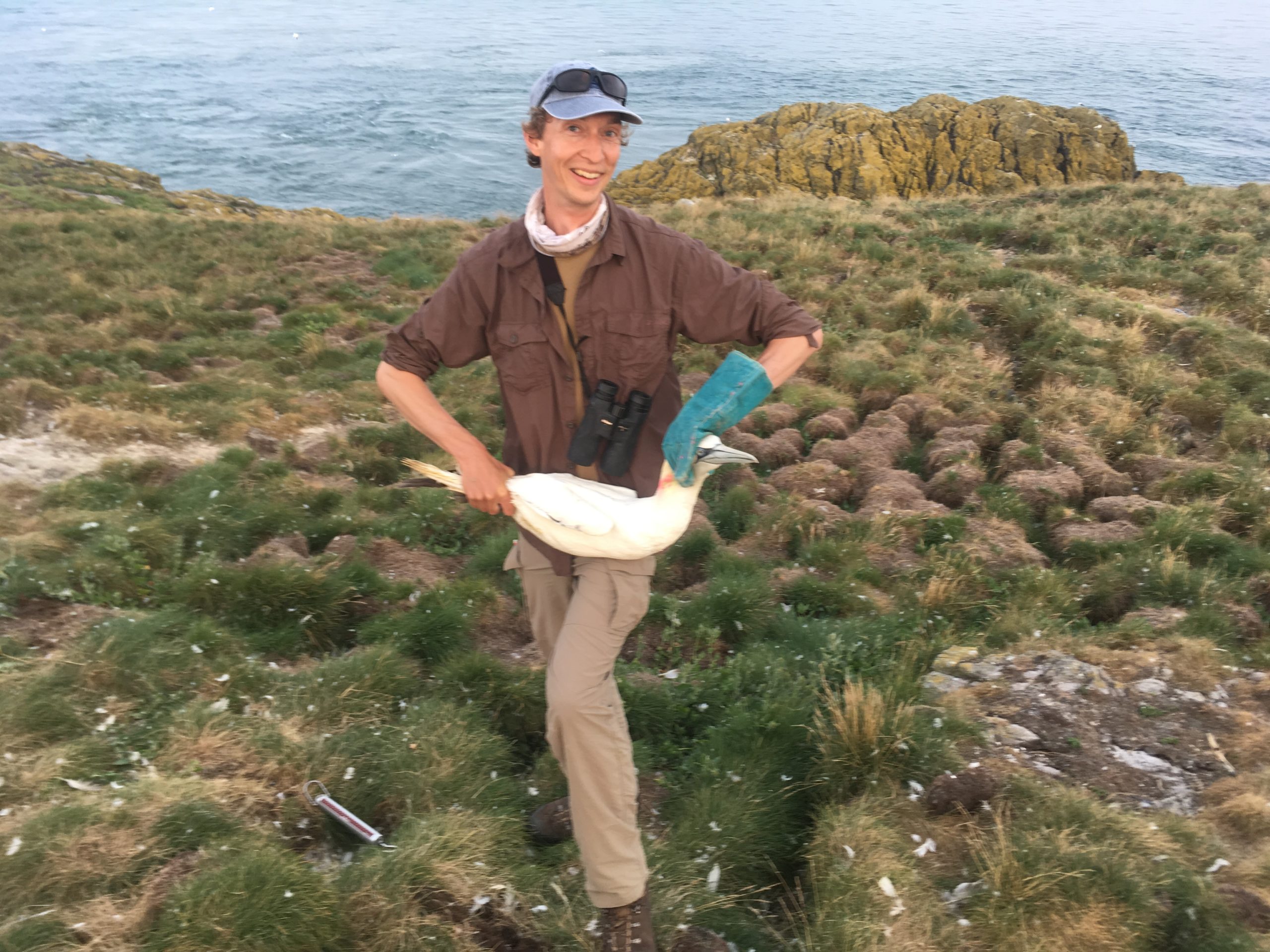Our world-leading marine research underpins a wide range of undergraduate and postgraduate programmes: Research-led teaching | Exeter Marine | University of Exeter. In this #MScGraduateInFocus series we are looking back on some of our MSc graduates who have excelled in marine conservation around the world since studying with us.
Today we meet Kelly Atkins, MSc Conservation and Biodiversity graduate (2014) and now completing his PhD at the University of Exeter!
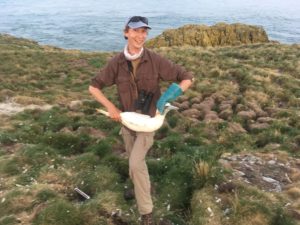
Hi Kelly! First off, why don’t you tell us what you are up to now and how you got there?
I am currently back at University of Exeter pursuing a Bioscience PhD funded by a Global Excellence Studentship. My research examines how food subsidies (discards from commercial fisheries) influence the foraging behaviour and spatial ecology of northern gannets (Morus bassanus), across age classes, during the breeding and non-breeding seasons.
After completing my MSc I returned to the United States where I worked for the National Park Service as a Bear Management Ranger in Yellowstone National Park for three years. In this role I was involved in the research and management of Yellowstone’s population of threatened grizzly bears. Following that, I worked in Olympic National Park where I assisted in the management and removal/translocation of non-native mountain goats. My professional interests have always been focused around the influence of human activities on wildlife behavior and the ecological consequences of human/wildlife interactions on land and at sea. When I decided it was time to further develop my skills through a PhD, I turned back to University of Exeter and CEC because of the small but vibrant research community, world-leading academics, and of course, the lovely location in Cornwall!
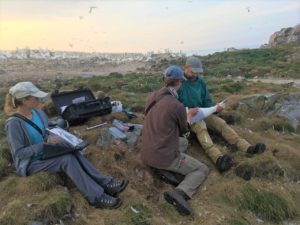
It’s lovely to have you back with us! What did you enjoy most about studying your MSc with us at the University of Exeter Cornwall Campus?
I liked living in Cornwall and studying at the Penryn Campus enough to come back and do it again for my PhD! The countryside and beaches are really lovely when you need to unwind and the campus is full of friendly and engaging people.
I liked the design and content of the MSc Conservation and Biodiversity Programme. It offered the focus I was looking for in taking the next step in my professional development. The fact that the Penryn campus is relatively small was also appealing; it’s hard to beat the access and quality of interactions one can have with academics in a small campus setting like this.
I think the Penryn Campus of UoE, specifically, is rather unique. Being a small campus in a relatively rural setting that houses world-leading researchers and has the resources of a large University seem to me to be a unique and winning combination.
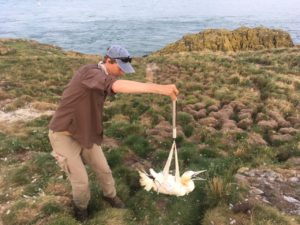
How did the MSc help you in your career, and do you have any advice for students looking to pursue a similar career?
I had quite a bit of work experience by the time I came to study for my MSc and my wandering career path had left me with a broad set of research skills. The MSc helped me refocus and update those skills in a way that better prepared me to take the next step and pursue a PhD.
I first got into working in wildlife biology through an internship during my undergraduate years. Volunteer experiences and internships are a good way to build a professional network, try things out, and bolster your CV. I think it is important to be open to, and pursue, as many opportunities as you can. Doing so will broaden your way of thinking and give you a sense of what you enjoy most, while building a diverse and transferrable skillset. I’ve dabbled in everything from microbial oceanography to ungulate biology and that diversity of knowledge has opened a lot of doors.
Finally, Do you have any advice for anyone thinking of applying to any of our programmes at the University of Exeter?
Apply! Apply early and often for anything that interests you and worry about deciding what the best fit is once you have real options on the table.
Thanks Kelly!
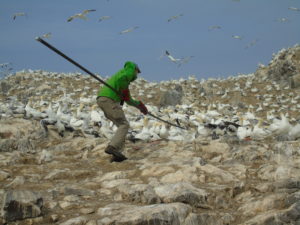
If you want to find out more about any of our suite of #ExeterMarine Masters and Undergraduate courses use the links below!
- NEW: MSc in Marine Vertebrate Ecology and Conservation
- MSc in Conservation and Biodiversity
- MSc in Conservation Science and Policy
- MSc in Evolutionary and Behavioural Ecology
- MSc in Sustainable Development
- MSc in Environment and Human Health
- MSc in Renewable Energy Engineering
- BSc Marine Biology
- BSc Zoology
- BSc Environmental Science
- BSc Conservation Biology and Ecology
- BSc Evolutionary Biology
- BSc Animal Behaviour
- BEng Renewable Energy Engineering

